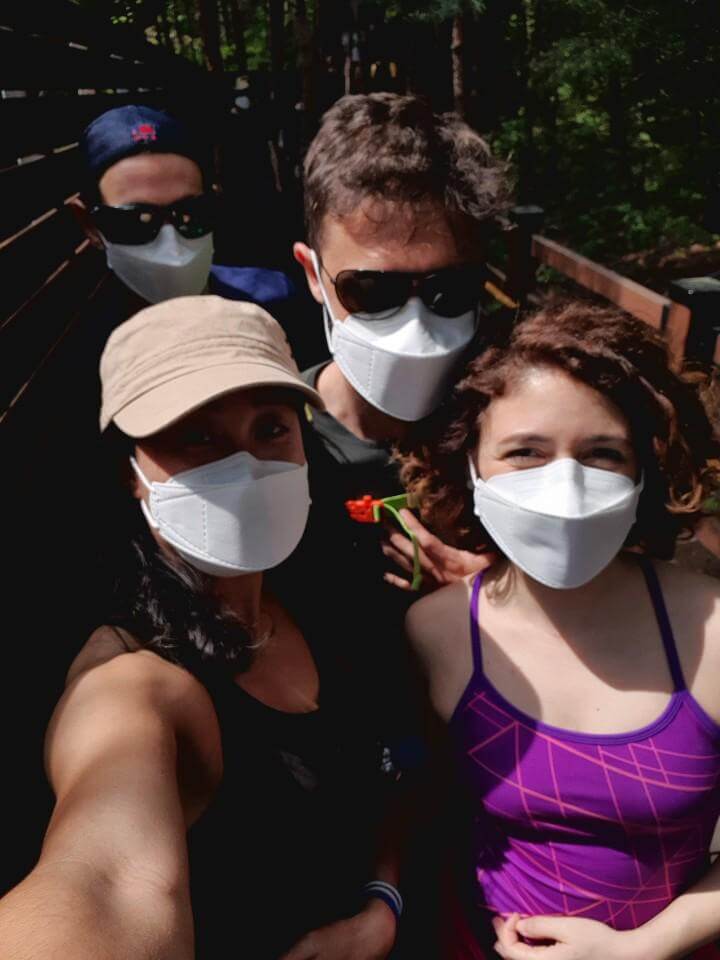SHARE
INFO
- DATE: 04-05-2020
- PLACE: Seoul
COUNTRY OF PROVENANCE

Italy
RELATED ARTICLES
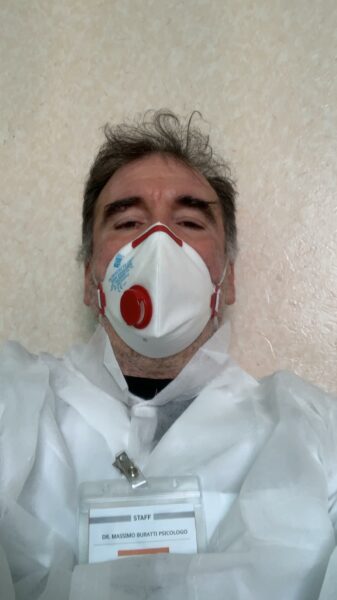
Massimo and his experience as a psychologist in the COVID19 emergency
Sharing with others what you experience often serves to make sense of the experience itself. Massimo tells what he lived during the COVID19 emergency in the hospital.
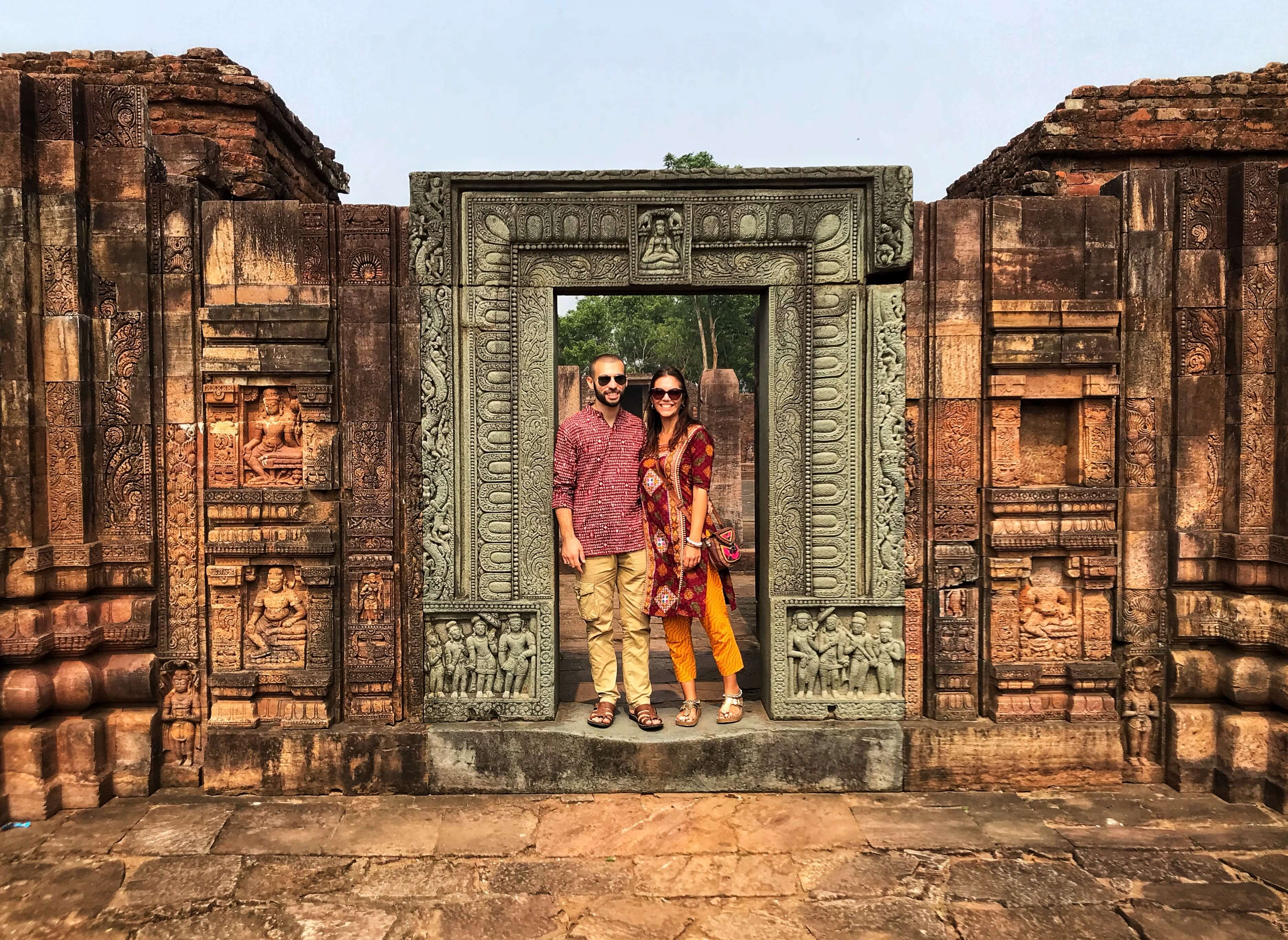
Giada and Stefano, Samsara Roads, India
Giada and Stefano met in Calcutta, India, and decided their destiny would be there. In fact, they founded Samsara Roads and live in Varanasi, India.

Avicenna #20quarantine stories – Let’s start!
Where does the word quarantine come from? The Persian Avicenna in 1025 theorized the 40 days of isolation to prevent infections’ spreading. #20quarantinestories
Alessandra and her experience in Korea
One of the first things I noticed when I was in Korea were the masks worn by people on the streets because of the pollution. All Koreans or, in general, people who live in Korea like Alessandra, before going out in the morning look at the weather app. If there are yellow or red colors, they wear the mask before going out.
Korea has faced the coronavirus emergency very well and the population has returned to live regularly. In fact, the country has never closed, but has experienced moments of fear, simultaneously with Italy in early March.
Alessandra tells me that at first everything was concentrated around the members of a religious sect in the south of the country. Those members, after a sort of spiritual retreat, had returned to their homes. When the cases related to this group went from numbers to one, then two and finally three digits, the President announced that the country was on red alert, the maximum. Although he did not proclaim the lockdown, messages from the speakers in the streets invited people to stay home.
The days of alert
This moment coincided with the start of the lockdown in Italy and Alessandra experienced days of anxiety. It was the weekend and, from her home in Seoul, she witnessed an apocalyptic scenario: her husband stuck in Switzerland for work; her brother in Brescia, in one of the high alert centers; her parents, who had gone for medical visits to Piacenza from the South of Italy (Calabria), decided responsibly not to return to the south. Fortunately, the next day she went to the office and in Seoul the situation seemed slowed down but still normal, while she heard news from Italy about the attacks on supermarkets.
In Korea people have isolated themselves. Alessandra continued to go to the office but saw the city change. There had been no closures, but cafes and restaurants were empty, the streets quieter and free from traffic. Many in Seoul were doing Home Office and, in a city of 10 million inhabitants, this absence of movement could not be ignored!
Alessandra works for the Swiss Embassy in Seoul and, one day, someone in her contacts received a message indicating that she was potentially in the chain of infections.
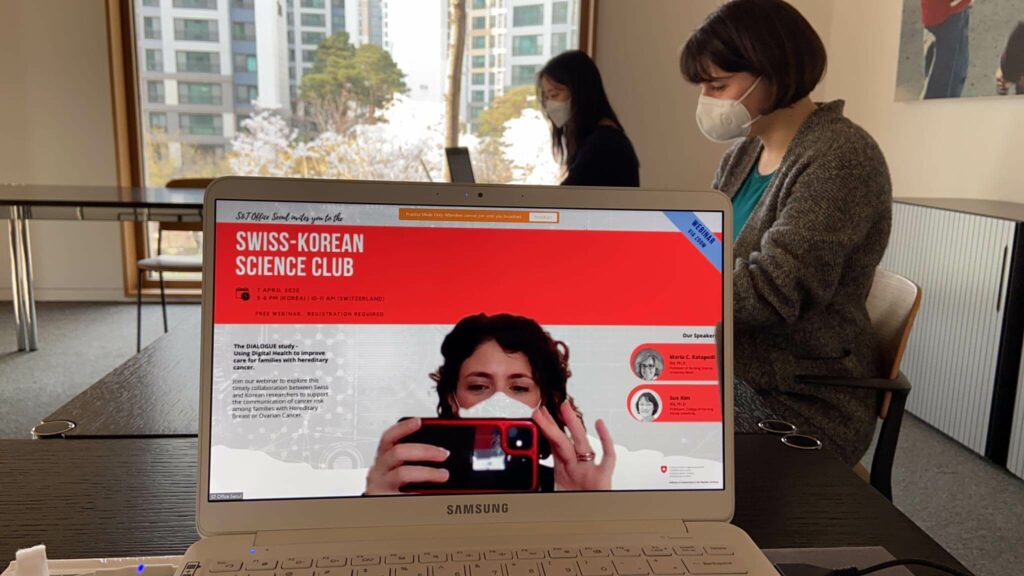
The use of tracking apps
In 2016, following the MERS (Middle East respiratory syndrome coronavirus infection) emergency of the previous year in Korea, the law was changed to provide for a lowering of privacy. In the event of a medical emergency, Parliament agreed to the tracking of the telephone, credit cards and video cameras of the population. All movements can be reconstructed via GPS. A message is sent by the government agency that manages the health emergency to all the local population communicating the verification of positive cases and related displacements. The purpose is for everyone to be able to verify the presence of an infected person in the same place and time, communicate it to the competent authorities and, under their indication, proceed to the test. More details are offered via the Coronamap website.
In addition, there is an app that becomes mandatory for those arriving in Korea and immediately sent to quarantine. Residents are forced to keep a daily journal and receive phone calls and visits from the authorities every day. Non-residents, however, are sent to some residences made available by the government to spend the quarantine, but they are not free! In this way it was decided to reduce arrivals to the country and avoid a second wave of infections – this time imported.
In April, based on reciprocity, Korea suspended visas for foreign citizens also from countries, such as European ones, where it is not necessary to have a visa for up to 90 days of stay in Korea.
Privacy
The circular tracing of the contagions and the possibility for Alessandra and her colleagues be connected to one of the chains of contagion, together with a slow relaxation and return of many people to the street, pushed the Swiss Embassy and many others to allow the home office after a few weeks of regular work. This is a sign that it was not the time to drop the guard and resume normal work and social activities.
Staying at home and limiting social life, the working days ended with video calls with Italy and Alessandra empathically felt the feeling of living in lockdown like family and friends in Italy in a country where, however, there were not such measures. The identification with what was happening in Italy was mainly in the first period, then compatriots also got used to the new condition and video calls decreased.
Alessandra and the rest of the inhabitants of Korea had potentially been in contact with who could transmit the virus and they knew it every day through government messages on their smartphones. It is thanks to these texts that some of her contacts had the opportunity to request the test and exclude having contracted the virus. Those who were found positive were isolated to limit the infection.
Compared to all the ongoing discussions in Italy about privacy, Alessandra believes that if you really want to have privacy, you have to abandon the convenience of smartphones. Privacy ends – in cases of a health emergency – where protection and respect for the health of others begin. Obviously, there is always room for improvement and the possibility that, in a preventive way, the laws can be adapted and the technology work to guarantee privacy and avoid health disasters.
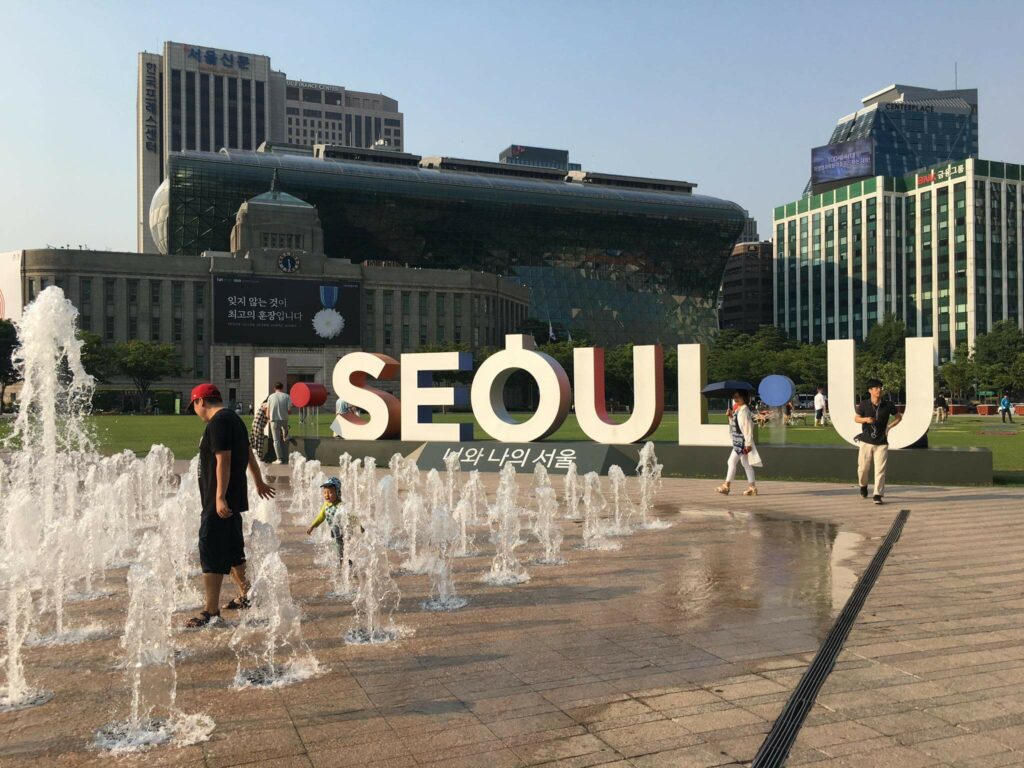
The Korean approach
In general, the Korean people are respectful of what the government says. The government speaks with one voice, there is great confidence in the institutions and in the health system. In Italy there are many voices and always in disagreement, people are disoriented and disheartened, the health system affected by regional cuts and fragmentation.
In Korea the health system is organized: the same number of tests are done as in Italy, but the machine force – that is, the speed of information processing – is faster. Previous emergencies have made it possible not to find the country unprepared since the first cases in China. Test apps and kits have been developed thanks to teamwork between the government, the world of research and the private sector. Korea was not afraid to manage an emergency, in Italy instead this virus caught us completely unprepared and highlighted those weaknesses that we have always known but which we usually hide to ourselves.
Alessandra did 6 weeks of work from home but at the fifth she started to quiver despite being in a comfortable situation. She was happy to return to the office with rotations with her colleagues. Many people live in small houses and going back to the office can be a liberation!
After the peak of infections in Korea, activities have fully recovered, and the sense of danger has disappeared or remains hidden behind the masks that the population responsibly continues to wear. It is not over; new waves can always start again, and attention must be kept high even if we return to life. Surely there has been a part of luck, but the bulk of the success of the Korean emergency management is due to the organizational capacity of the institutions and the Confucian culture of respect for the rules and for others.
